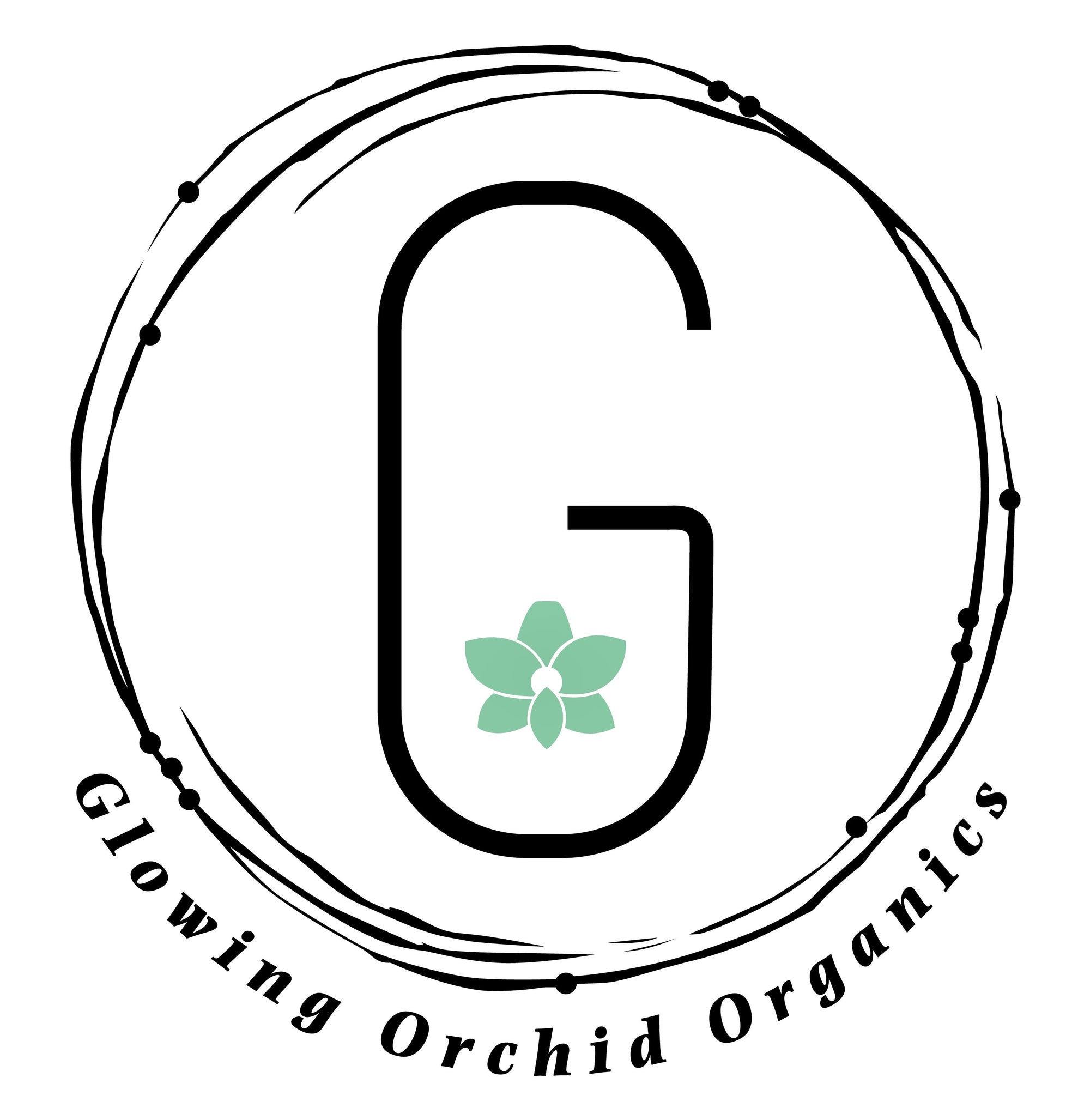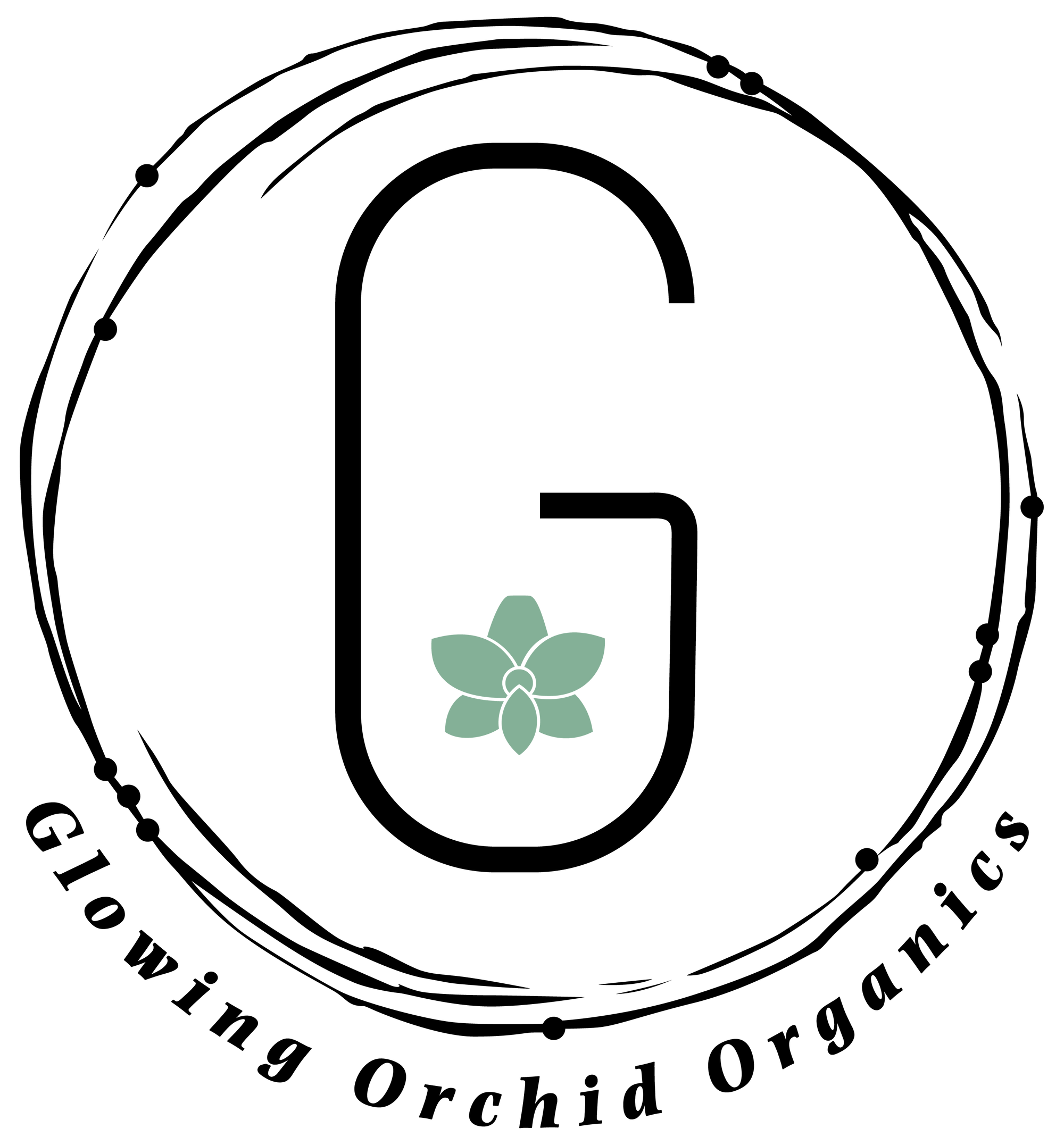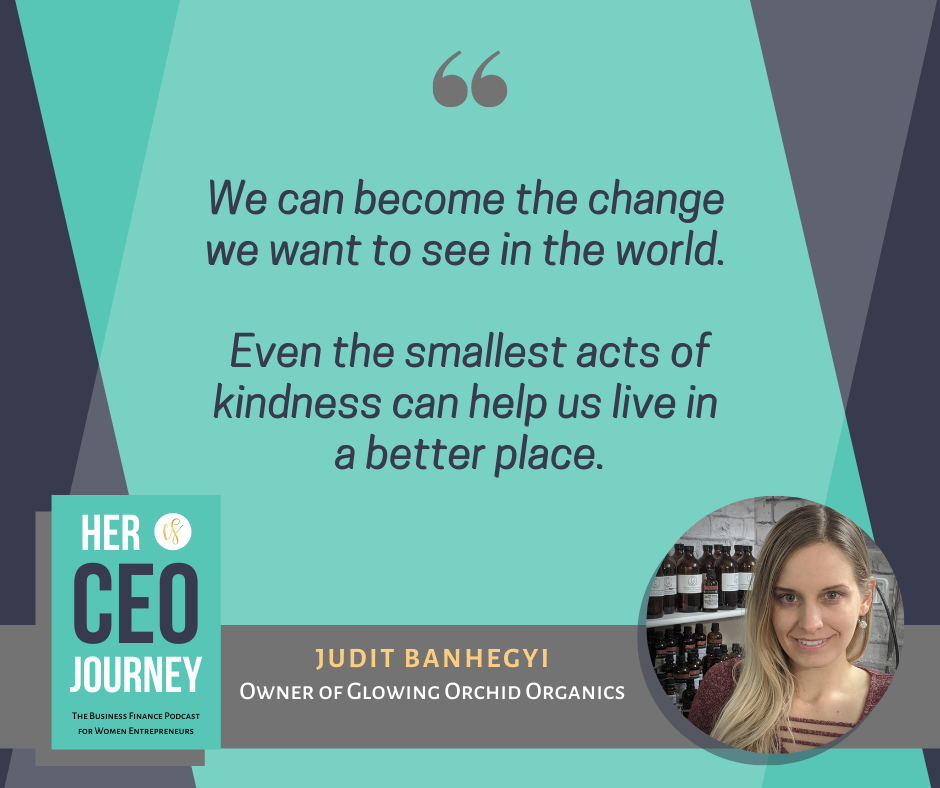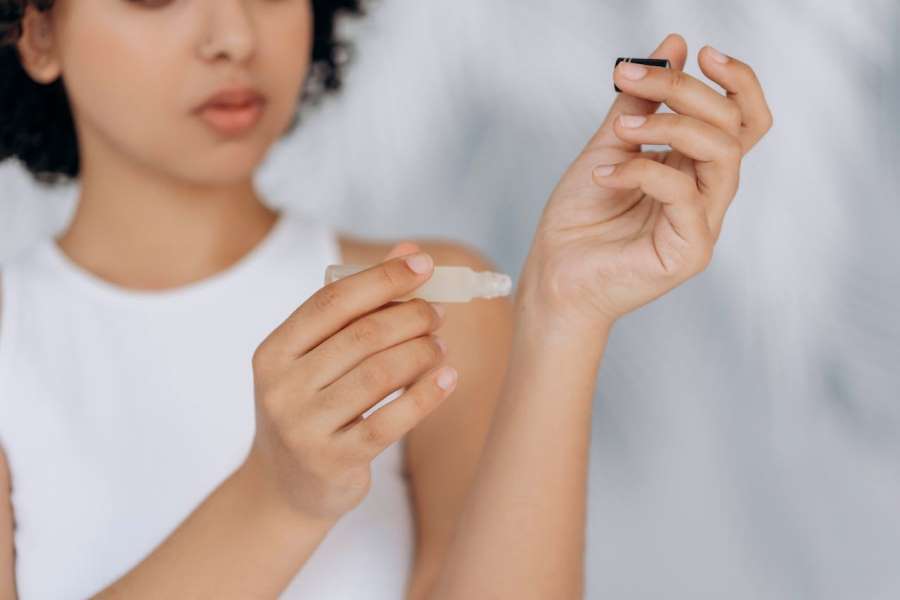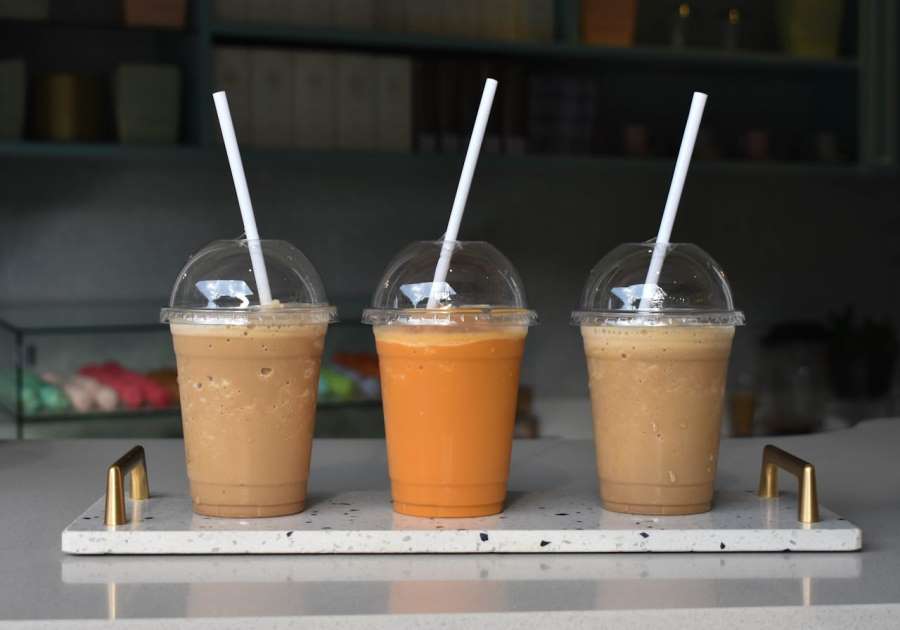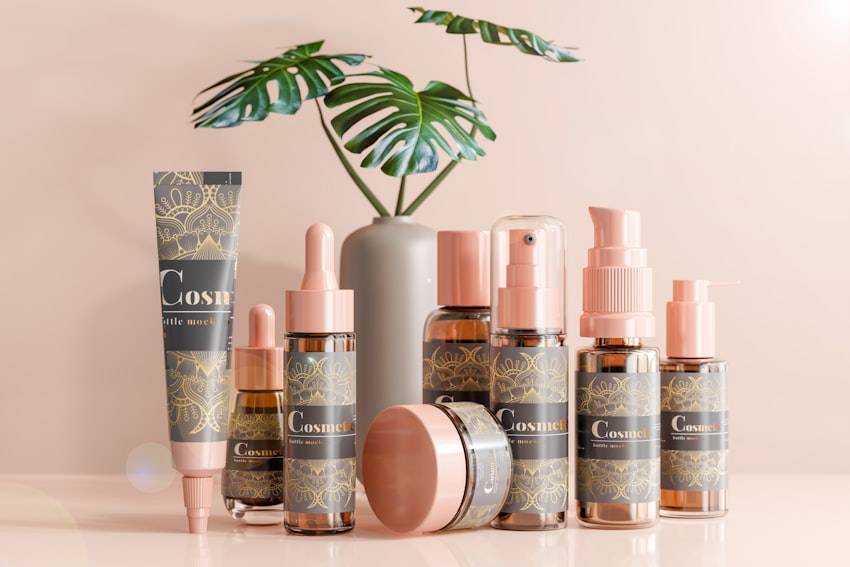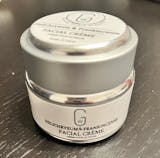The Helichrysum & Frankincense Face Cream is a huge favourite of mine. It's rich & creamy yet absorbs quickly, leaving skin feeling smooth and soft.
Thank you for this quality product.
I love this deodorant formula the best out of every natural kind I’ve tried (including homemade recipes!). The balance is PERFECT - it leaves a powdery finish, rather than an oily one like most comparable products, which saves so much staining on my clothing!
The Immune Defence blend is my go-to through cold & flu season for a little extra boost to my lymphatic system as I massage it into my underarms each day.
I have used other brands but settled on this one. A more natural cream with great ingredients, smells nice and goes on so smoothly
You should try it!
